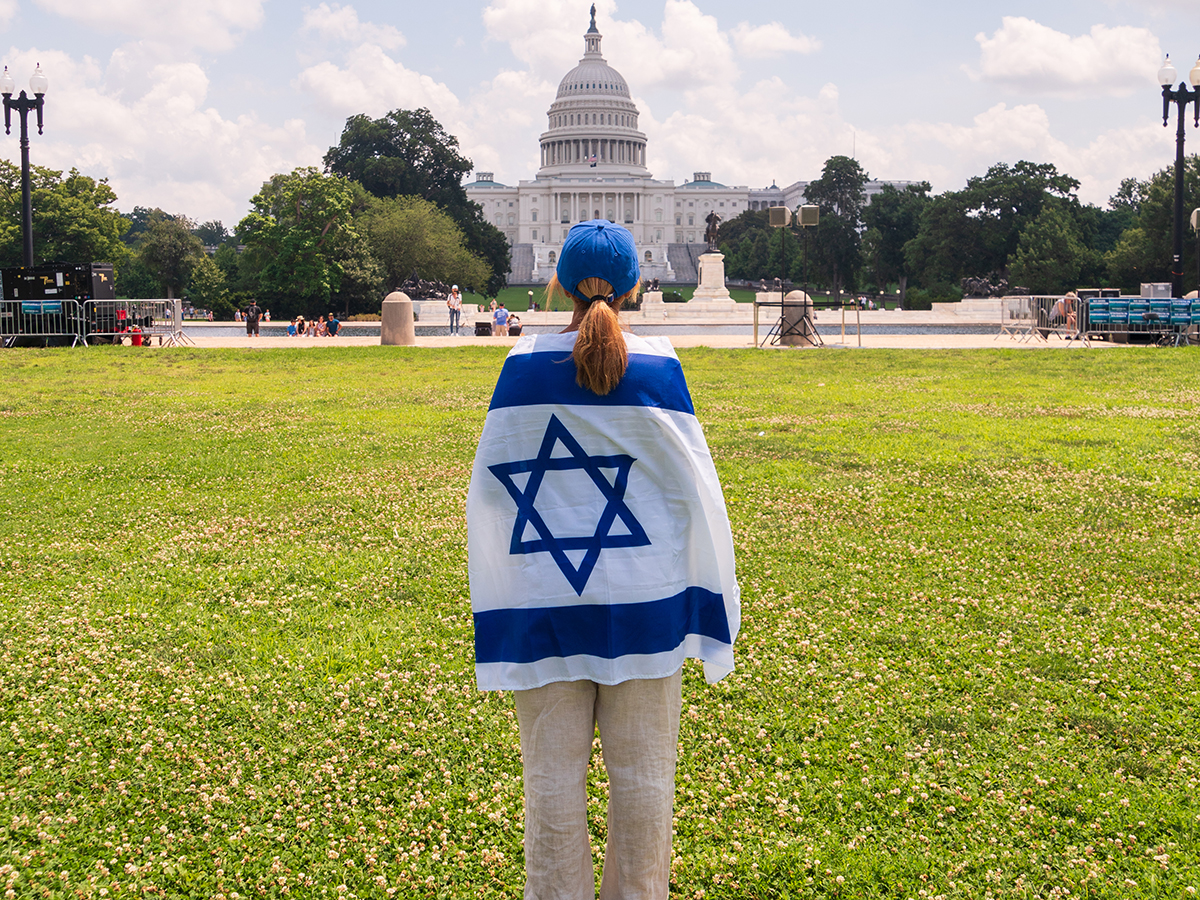A Letter: Living a Lifetime of Antisemitism
Dear SLU students,
Antisemitism is not something the untrained eye notices. Sure, there are the obvious ones, Holocaust deniers, white supremacists, people who shoot up Synagogues, just to name a few, but then there are the not so obvious ones. In fact, these microaggressions are so subtle that I didn’t even notice them until a few years ago. Then, I started noticing them all the time. I started noticing that when I told people I was Jewish, they would respond with utter shock.
“You’re Jewish?! Wow! Who would have thought?!” That sentence is usually followed with something along the lines of, “but you don’t look Jewish.”
Those words echo in my head every day. But what does “being Jewish” look like? More importantly, when they say I don’t look Jewish, why do they say it as a compliment? What about me doesn’t look Jewish? Is it because I don’t have a big nose or crazy curly hair? Is it because my last name doesn’t have a color in it or end with “stein” or “berg”?
Growing up, I didn’t notice the microaggressions that I seemed to face on an almost daily basis. I did not realize that antisemitism is still very prevalent in our society, no matter how much people choose to ignore it. On October 27th, 2018, The Tree of Life Synagogue in Pittsburg, was gunned down during a Shabbat service. Eleven people died, including several Holocaust survivors. It was the deadliest act of antisemitism to ever happen in the United States. That tragic event was what truly opened my eyes to the abundant antisemitism my Jewish community faces. Data shows that since 1991, Jewish people are the most frequent victims of religiously motivated hate crimes. That’s not all. Twenty-four percent of Millennials and members of Generation Z (our generation) believe that the Holocaust might be a myth or that the accounts of it are exaggerated.
Even though I was aware of antisemitism in the United States, I had never personally experienced blatant antisemitism, which kept the true harm of it at arm’s length. Then, when I was a senior in high school, a fellow student drew a swastika on a whiffle ball and placed it deliberately on a Jewish teacher’s desk. A few weeks later, I was walking down the street of my town, when a group of young teenage boys approached another boy wearing a yarmulke, took it off his head and threw it on the ground. The boys ran away as I walked over to him, picked the yarmulke off the street, dusted it off and gave it back. Unfortunately, this adorable little boy was used to these types of things, he told me. The more I experienced antisemitism in my various communities the more I realized how blind people are to it.
When I got to St. Lawrence, I thought I had finally found a place in which I could feel safe, or at least not have to deal with antisemitism firsthand. I thought wrong. Saturday night’s incident was not just a mental breakdown, it was a blatant act of antisemitism, which the St. Lawrence administration failed to talk about or even acknowledge. Since then, there has been no prioritization of the mental health of Jewish people on campus, no apology, no discussion, nothing. What is even worse, is that our student body seems to be just as blind as the administration.
No one is talking about the antisemitism clearly and unfortunately prevalent on this campus. Is it because no one cares? I personally don’t think so. I think it shows a deeper issue, one that has been going on for decades. Antisemitism is so ingrained into our society that no one thinks twice about it. No one takes antisemitism as a serious issue, even though Jewish people have been the number one target of religiously motivated hate crimes in the United States since 1991. I thought our St. Lawrence community was better than that, I thought that SLU was a place where discussions like this would be welcomed, not shunned. Jewish people are a minority on this campus, but that does not mean acts of antisemitism should go unnoticed. Please start viewing Saturday night’s incident as an act of antisemitism, and let’s start educating ourselves and others on the topic of antisemitism, or something like this will happen again. No one likes to talk about antisemitism, so let’s start talking.
Please, let’s do better.
Sincerely,
Your friendly neighborhood Jew



